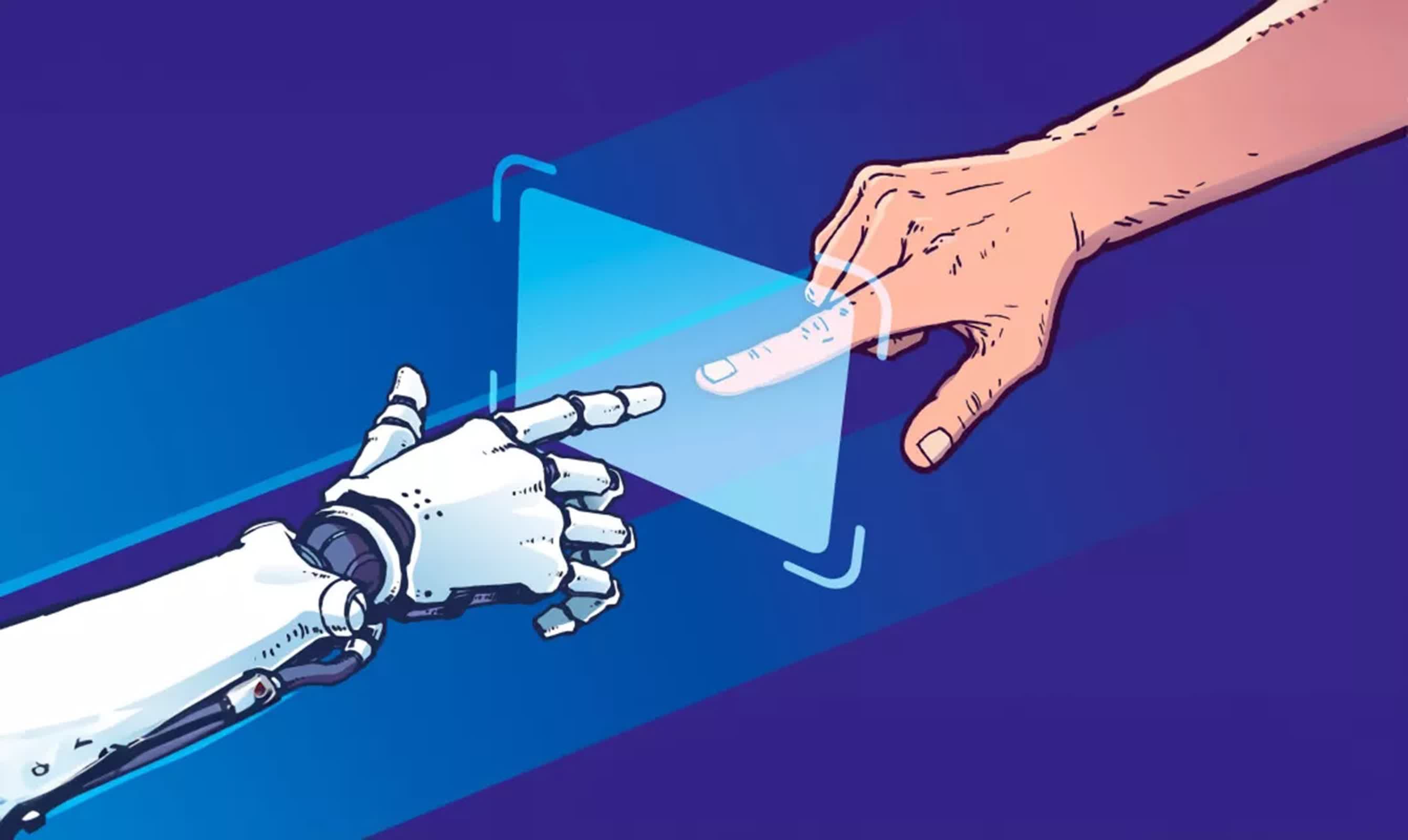The large image: The rise and fall of “immediate engineering” as a profession path is a telling instance of how rapidly the AI job panorama can change. The period of easy-access, low-barrier AI roles could also be over, changed by positions that demand deeper experience and a readiness to evolve alongside the know-how itself.
Simply two years in the past, immediate engineering was the speak of the tech world – a seemingly important new job born from the speedy rise of synthetic intelligence. Corporations had been keen to rent specialists who may craft the fitting questions for big language fashions, making certain optimum AI efficiency. The position was accessible, required little technical background, and was seen as a promising entry level right into a booming business.
Right now, nonetheless, immediate engineering as a standalone position has all however disappeared. What was as soon as a extremely touted ability set is now merely anticipated of anybody working with AI. In an ironic twist, some corporations are even utilizing AI to generate prompts for their very own AI programs, additional diminishing the necessity for human immediate engineers.
The temporary rise and speedy fall of immediate engineering highlights a broader fact in regards to the AI job market: new roles can vanish as rapidly as they seem. “AI is already consuming its personal,” says Malcolm Frank, CEO of TalentGenius, in an interview with Quick Firm.
“Immediate engineering has develop into one thing that is embedded in virtually each position, and folks know how you can do it. Additionally, now AI will help you write the proper prompts that you just want. It is turned from a job right into a job very, in a short time.”

The preliminary attraction of immediate engineering was its low barrier to entry. In contrast to many tech roles, it did not require years of specialised training or coding expertise, making it particularly engaging to job seekers hoping to interrupt into AI. In 2023, LinkedIn profiles had been stuffed with self-described immediate engineers, and the North American marketplace for immediate engineering was valued at $75.5 million, rising at a fee of 32.8 p.c yearly.
But the hype outpaced actuality. In accordance with Allison Shrivastava, an economist on the Certainly Hiring Lab, immediate engineering was hardly ever listed as an official job title. As a substitute, it has sometimes been folded into roles like machine studying engineer or automation architect. “I am not seeing it as a standalone job title,” she added.
Because the hype fades, the AI job market is shifting towards roles that require deeper technical experience. The excellence is obvious: whereas immediate engineers targeted on crafting queries for LLMs, machine studying engineers are those constructing and bettering these fashions.
Lerner notes that demand for mock interviews for machine studying engineers has surged, growing greater than threefold in simply two months. “The longer term is engaged on the LLM itself and persevering with to make it higher and higher, slightly than needing any individual to interpret it,” she says.
This shift can also be evident in hiring tendencies. Shrivastava factors out that whereas demand for normal builders is declining, demand for engineering roles general is rising. For these with out a coding background, choices are narrowing.
Founding an organization or shifting into administration consulting, the place experience in AI implementation is more and more valued, could also be the perfect routes ahead. As of February, consulting positions made up 12.4% of AI job titles on Certainly, signaling a growth in advisory roles as organizations search to combine AI into their operations.
Tim Tully, a associate at Menlo Ventures, has seen firsthand how AI is altering the character of labor, not essentially by creating new jobs, however by reshaping present ones. “I would not say that [there are] new jobs, essentially; it is extra in order that it is altering how individuals work,” Tully says. “You are utilizing AI on a regular basis now, whether or not you prefer it or not, and it is accelerating what you do.”

